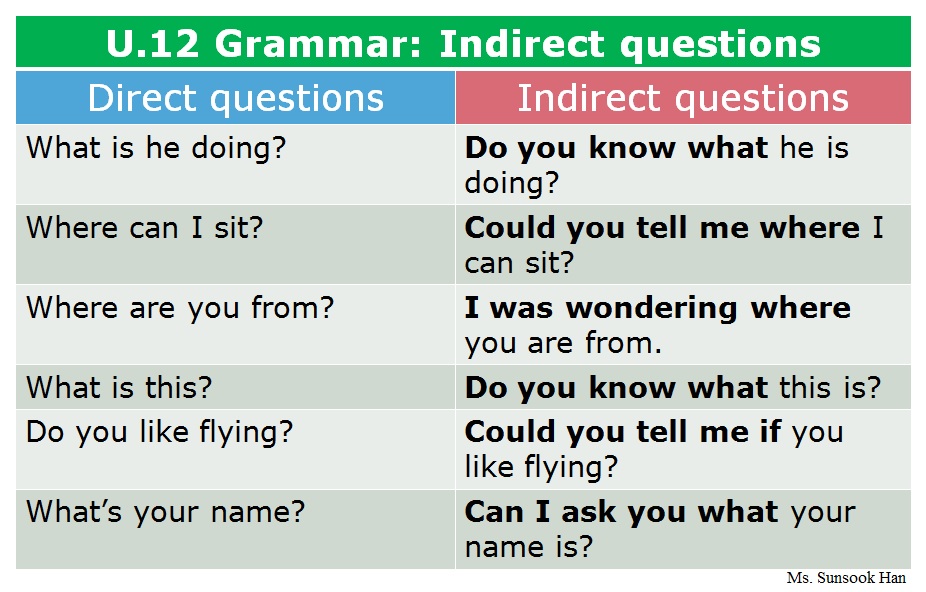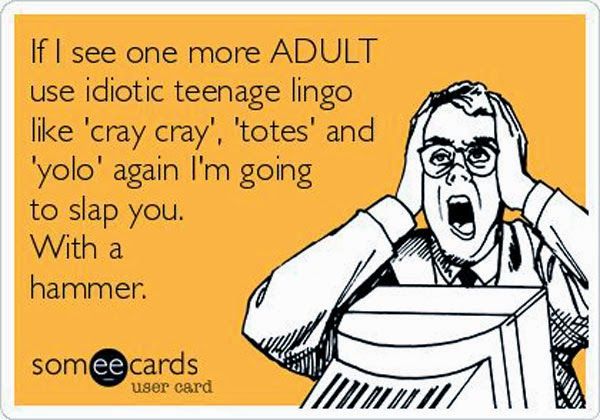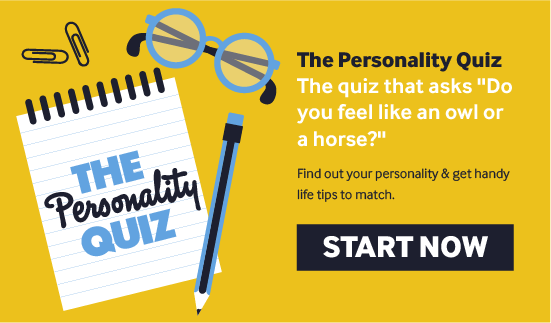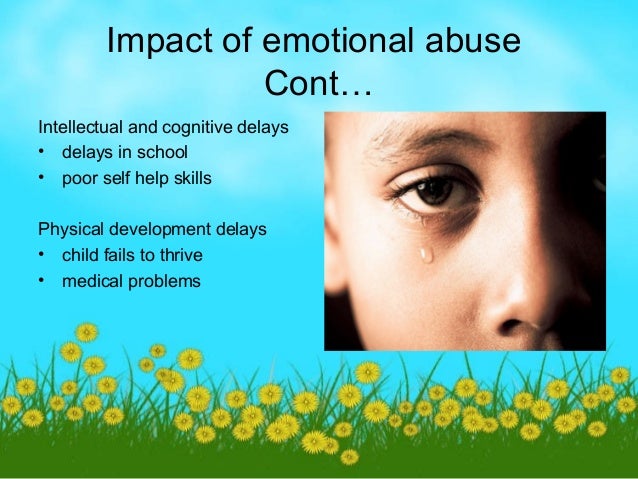Describe the feeling when you turn on
Being turned on and emotions
“How are you feeling?”
“Horny.”
Not exactly an interaction one expects to find in a neuroscience blog, is it? But, prudish social norms aside, sexuality is a very normal part of human life, with the same psychological, biological, and neurological pathways of explaining and exploring it. Despite what college culture would like you to believe, sex is a highly emotional subject and experience, in that it evokes and is influenced by emotional processes. This blog therefore looks to explore sexuality from various perspectives, with an emphasis on the role of emotion. On this first post, I explore how emotions and sexual arousal interact.
But– what is sexual arousal? What does it mean to “feel horny”? And what does this have to do with emotion?
Sexual arousal, or being “turned on,” can be defined as the combination of cognitive and physical responses to an erotic stimulus, which in turn can be internal or external. One can feel aroused by appraising a picture, touching and being touched, or by one’s own thoughts or fantasies. Arousal includes physiological activation, such as increased blood flow to the genitals, erection of nipples, vaginal lubrication, swelling of the testes, and pupil dilation. It also includes a subjective appraisal of feeling sexually aroused, what we mentioned earlier as the subjective experience of “feeling turned on.” For all these things to happen, something needs to go down in the brain.
Many studies have looked at what happens in the brain during sexual arousal, usually observed in the context of subjects responding to visual erotic stimuli, colloquially termed “sexy or dirty pictures.” This has produced a long list of structures and areas both in the more sophisticated cortex and primitive sub-cortical structures found to be implicated. The former include the superior and inferior parietal lobes, the lateral occipital cortex, the medial prefrontal cortex, the anterior cingulate cortex, and the insula. Implicated subcortical areas are the ventral and dorsal striatum, the amygdala, and the hypothalamus (Mouras et Stoléru 2005).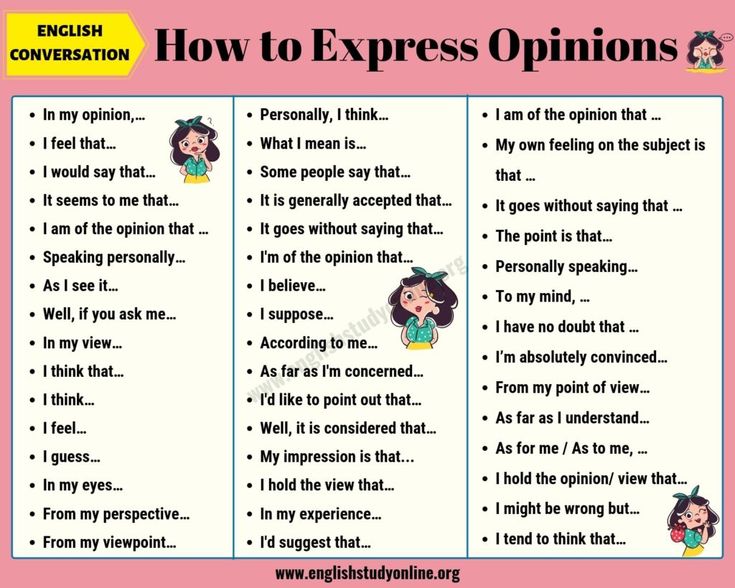
Of course, these brain regions are also responsible for many, many other mechanisms, and that’s where the caveat lies. Sexual arousal, or anything in the human experience for that matter, doesn’t happen in a vacuum, but rather in a context, with all those contextual variables also being processed– which is where emotion comes in. Because sexual arousal is recognized to have a strong emotional component, one group of scientists (Walter et al., 2008) designed an experiment to specifically disentangle brain activation due to the sexual activation response to a stimulus, versus the general emotional arousal either produces. Their analysis found that, out of all the brain regions cited above, only the hypothalamus and ventral striatum (VS) were independently involved in specific sexual processing, with the peri-genual Anterior Cingulate Cortex (pgACC) playing a modulatory role between affect and sexual arousal. This means that the activation in all the other regions was due to other types of processing, including that of general emotional arousal.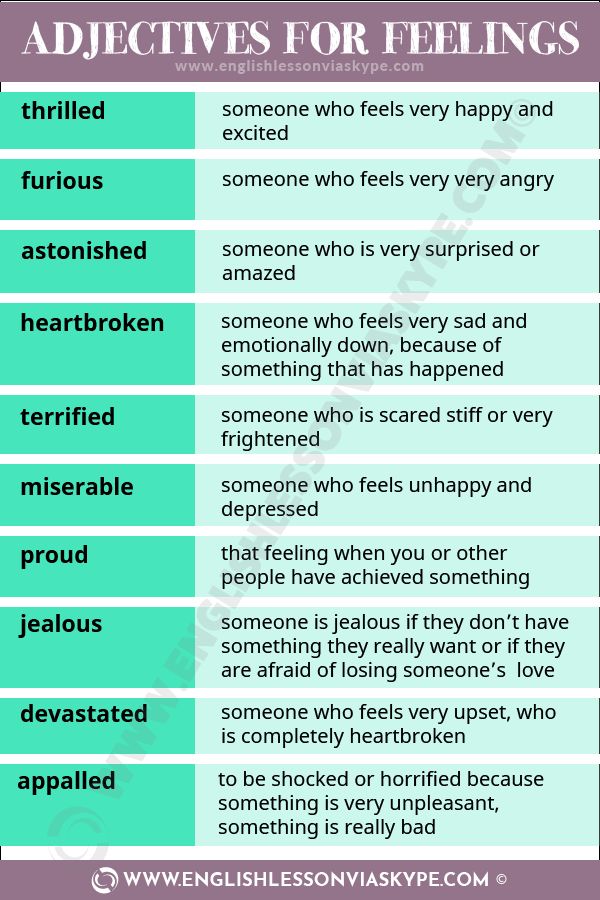 The key point to take out of this study is not that the other studies were lying to us and that those other brain regions have nothing to do with sexual arousal, but the realization that life is no lab experiment and that in it all those brain regions are activated and involved in sexual arousal because all those other things, such as body recognition, pleasure, and emotion are part of the experience being sexually aroused.
The key point to take out of this study is not that the other studies were lying to us and that those other brain regions have nothing to do with sexual arousal, but the realization that life is no lab experiment and that in it all those brain regions are activated and involved in sexual arousal because all those other things, such as body recognition, pleasure, and emotion are part of the experience being sexually aroused.
This is particularly evident when one examines the concrete ways in which affect influences sexual arousal responses. As one would expect, studies have found that when people are primed to be in a good mood, they experience higher subjective and physiological sexual arousal (Koukounas and McCabe, 2001)). Studies on negative affect have been more mixed. However, these findings have important real-world consequences, such as informing treatment for individuals with sexual dysfunctions. For example, while it was assumed that negative affect played a central role in sexual disfunction, new research evidences that perhaps it is the absence of positive affect that produces dysfunction (Peterson & Janssen, 2007). This would explain why diminished sexual response is common in depression, a condition characterized by low positive affect, than in anxiety, which is a condition of high negative arousal. In fact, anxiety has been shown to facilitate sexual arousal, presumably because as a state of high physical arousal, it exacerbates sexual arousal. At the same time, studies have shown how sexual arousal influence affect, such as by diminishing stress levels (Hamilton et al., 2008).
This would explain why diminished sexual response is common in depression, a condition characterized by low positive affect, than in anxiety, which is a condition of high negative arousal. In fact, anxiety has been shown to facilitate sexual arousal, presumably because as a state of high physical arousal, it exacerbates sexual arousal. At the same time, studies have shown how sexual arousal influence affect, such as by diminishing stress levels (Hamilton et al., 2008).
So, what did we learn? That feeling “turned on” implies a variety of cognitive, physiological, and neurological processes, which include and are influenced by emotion.
References:
Hamilton, L. D., Rellini, A. H., & Meston, C. M. (2008). Cortisol, sexual arousal, and affect in response to sexual stimuli. The journal of sexual medicine, 5(9), 2111-2118.
Koukounas, E., & McCabe, M. P. (2001). Sexual and emotional variables influencing sexual responses to erotica: A psychophysiological investigation. Archives of Sexual Behavior, 30, 393–408.
Archives of Sexual Behavior, 30, 393–408.
Mouras, H., & Stoléru, S. (2005). Functional neuroanatomy of sexual arousal. Male sexual dysfunction: Pathophysiology and treatment.
Peterson, Z. D., & Janssen, E. (2007). Ambivalent affect and sexual response: The impact of co-occurring positive and negative emotions on subjective and physiological sexual responses to erotic stimuli. Archives of Sexual Behavior, 36(6), 793-807.
Walter, M., Bermpohl, F., Mouras, H., Schiltz, K., Tempelmann, C., Rotte, M., … & Northoff, G. (2008). Distinguishing specific sexual and general emotional effects in fMRI—Subcortical and cortical arousal during erotic picture viewing. Neuroimage, 40(4), 1482-1494.
Use This Emotions Table to Describe Exactly How You Feel
Have you ever asked a significant other about how his or her day went and received a frustratingly vague “fine” in return as a response? This leaves you not only in the dark about the details of his or her day, but also stuck behind an emotional wall, struggling to get in.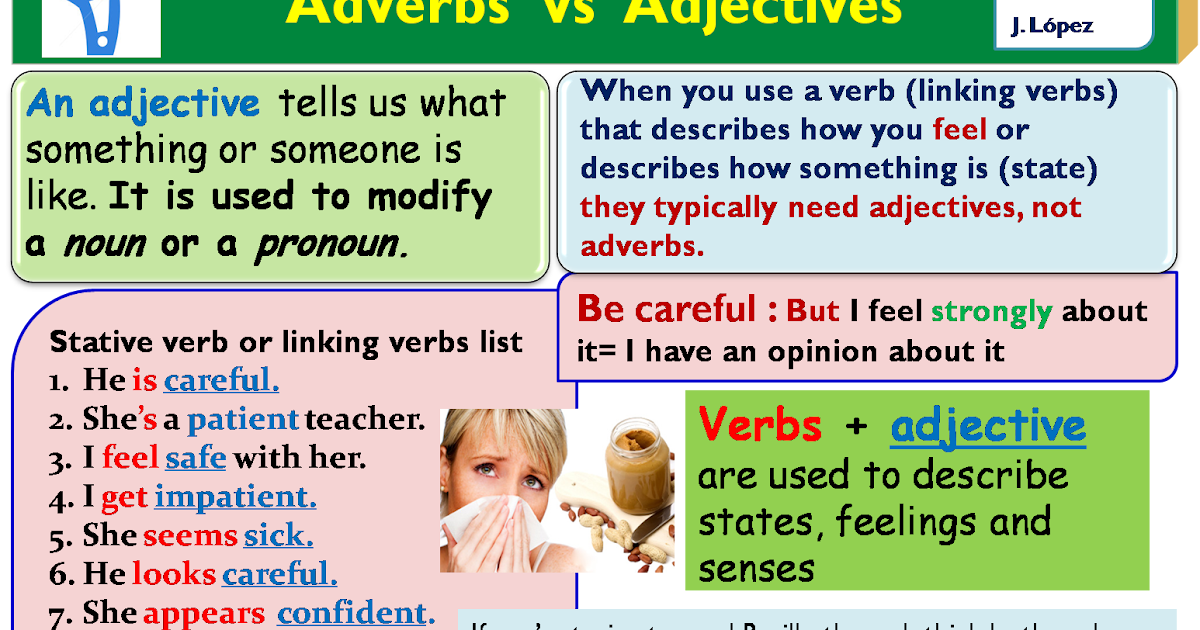
The truth is, it’s difficult for many of us to communicate — to truly, authentically share and articulate — how we feel. Having been misunderstood in the past, it’s also no wonder why many of us struggle to feel comfortable sharing our feelings with others. Yet, a major part of emotional intelligence and building deep, meaningful relationships entails understanding and conveying your feelings and needs effectively, then addressing them in constructive ways that avoid miscommunication, smooths over conflict, and keeps the conversation moving forward.
Unfortunately, this is easier said than done. Most of us are never taught emotional literacy, the ability to accurately explain our feelings, so we often have a hard time truly being in touch with the good, the bad, and the ugly. And when we’re not aware of our emotions, it’s more difficult to master them.
Instead, we opt for vague surface-level descriptors like, “I’m fine,” “I’m OK,” which don’t even come close to explaining the highly complex, highly nuanced emotions we all feel every day.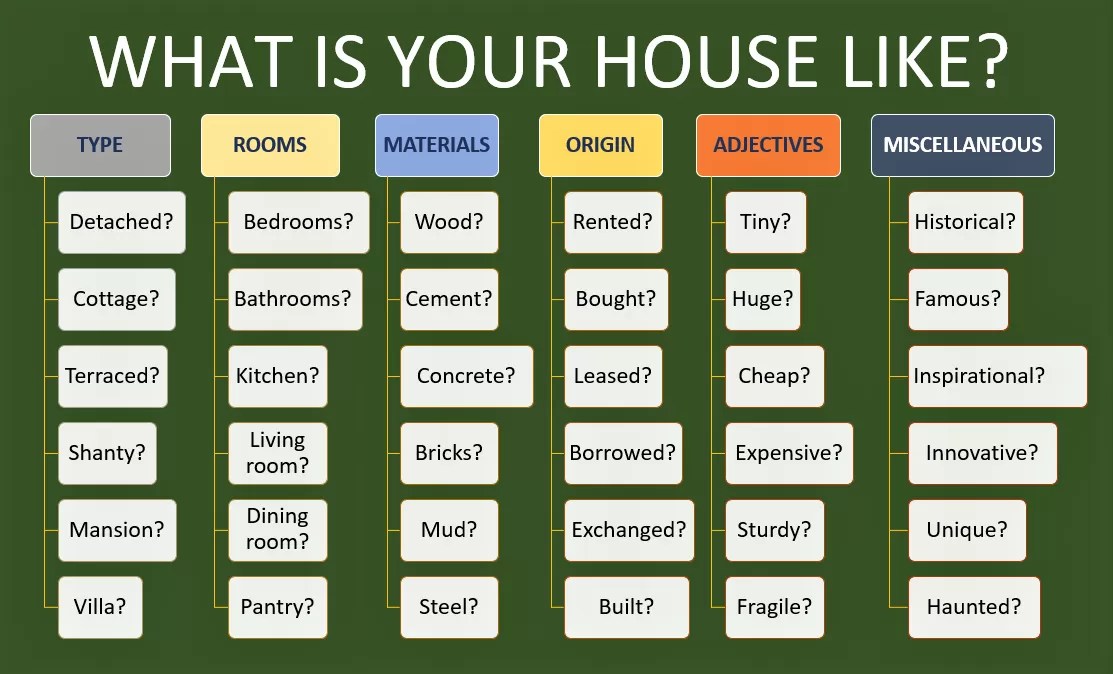 Within broad descriptors like “horrible” and “awesome” is a range of terms that express just how bad of a day you had or how good your recent date was. Happily, emotional labeling is a skill that can be developed.
Within broad descriptors like “horrible” and “awesome” is a range of terms that express just how bad of a day you had or how good your recent date was. Happily, emotional labeling is a skill that can be developed.
The Importance of Emotional Labeling
Being able to accurately identify and label these emotions is incredibly essential for emotional well-being. In fact, the more granular and specific you can get about your feelings, the better you can create a plan and path to resolving or working on the issue. Think of it like a recipe: by being able to label what you’re feeling, you’ll be more able to experience and enjoy the full breadth of emotional “flavors” that make up the human experience.
Knowing the vocabulary available to describe your emotions, referred to as “emotional labeling,” can help you become more aware of the intricacies of what you’re feeling, communicate your feelings more appropriately to those around you, and regulate them in a healthy, productive way.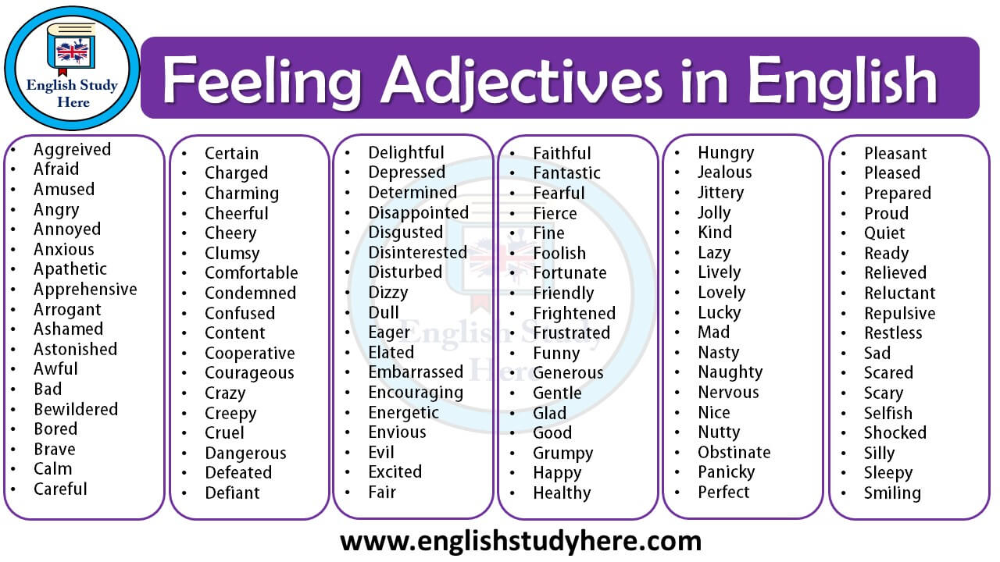 For example, have you ever thought you felt angry at someone, but then after talking about it, realized that you actually felt something more than just anger — you felt deep betrayal? Recognizing this and being able to label it accurately shows a heightened awareness of your emotions, and in turn means you can master them proactively, rather than fall victim to a highly emotional reaction like this.
For example, have you ever thought you felt angry at someone, but then after talking about it, realized that you actually felt something more than just anger — you felt deep betrayal? Recognizing this and being able to label it accurately shows a heightened awareness of your emotions, and in turn means you can master them proactively, rather than fall victim to a highly emotional reaction like this.
Emotional intelligence is all about being mindful of your feelings and your responses to them, so emotional labeling is an important part of cultivating EQ. An emotionally intelligent person can come home from a long day at work, feeling terrible, and be able to identify she’s feeling overwhelmed, which is much more specific and actionable than describing her mood as “bad.” Rather than stewing in a pervasive, unpleasant emotion, unsure of what to do to make it better, she can leverage her awareness to address the feeling of being overwhelmed, such as delegating housework in order to focus on urgent work matters or making sure she sets a strict bedtime to log much-needed sleep.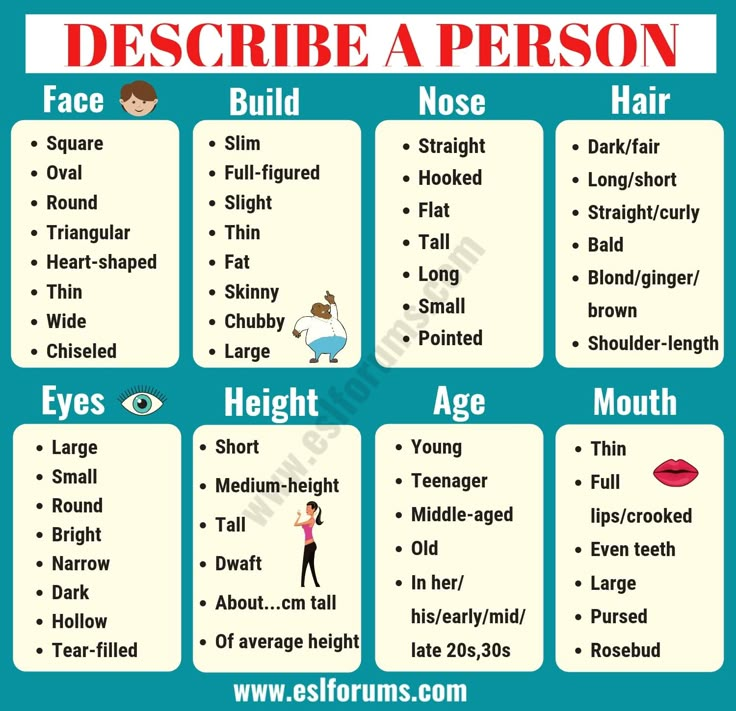
For the emotionally intelligent person, this self-awareness has a direct correlation to one’s ability to manage, control and adapt their reactions and moods to successfully navigate relationships, resolve conflict, lead, and negotiate. Emotional labeling enables the professional woman in our example not only to communicate to her partner that she’s feeling stretched thin, tired, and restless because of work, but also helps her appropriately express this and ask for space for the evening.
On the other hand, if she came home and said, “I’m so stressed!” without really getting in touch with her needs, miscommunication about her feeling could ensue, descending the evening into a downward spiral filled with arguing. Being able to pinpoint and articulate what she’s feeling is critical to making the dynamic between them more positive and allowing no one to feel attacked or blamed.
Emotional Labeling Toolkit
Increasing your emotional intelligence and mastering difficult conversations all starts with paying more attention to and more accurately articulating what you’re feeling.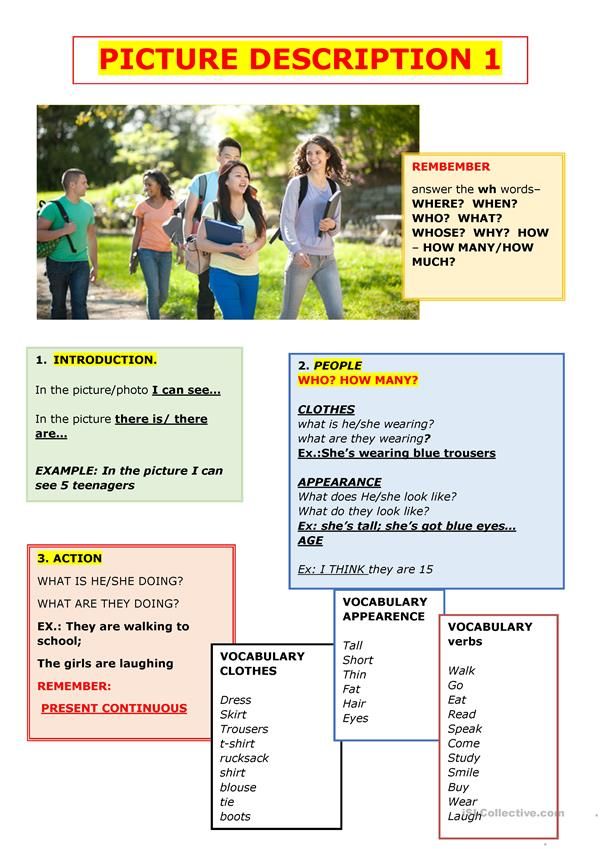 When it comes down to it, there are thousands of words available to you to identify your feelings. The trouble is, we’re so used to saying things like, “ugh I’m so mad!” “I’m bummed out,” or “Aww, I’m so happy!” — or just typing an emoji onto a screen — that we’re not as literate in what these emotional labels are.
When it comes down to it, there are thousands of words available to you to identify your feelings. The trouble is, we’re so used to saying things like, “ugh I’m so mad!” “I’m bummed out,” or “Aww, I’m so happy!” — or just typing an emoji onto a screen — that we’re not as literate in what these emotional labels are.
To get started, download the emotions table worksheet, which has dozens of words you can use as a cheat sheet to have more successful, productive conversations and communicate more effectively at work, love, and at home.
Download Your Emotional Labeling Toolkit
Why music affects our emotions so much
- David Robson
- BBC Future
Image copyright, Thinkstock
Image caption,Music can evoke a wide variety of feelings and experiences in a person
In an article from the "Ask and Answer" series designed to quench the reader's curiosity, a journalist BBC Future explores the impact of music on people's emotional state.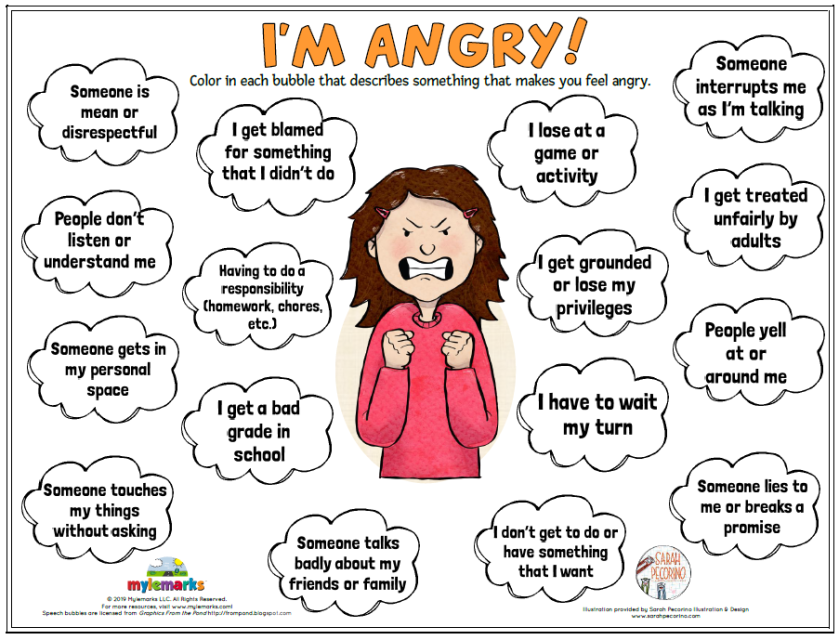
"Why does music have a direct effect on our emotions? What is the evolutionary meaning of this phenomenon?" asks Philip Loerish, who emailed us his question.
Each person experienced the emotional power of music, which sometimes literally takes our soul.
We can get into a state of euphoria from driving music in some rock club, and listening to a romantic ballad, experience the deep longing of unrequited love...
Music expresses our emotions much more powerfully than words can.
However, as our reader rightly notes, the reasons for this do not lie on the surface.
(Other BBC Future articles in Russian)
"I understand why rhythm can be so appealing, and I also understand anticipation, surprise, fulfillment. All these things explain why music can be interesting But why it affects us at a deep level - it remains a mystery to me," he wrote. nine0011
An anthropological riddle
Our reader Philip is not the only one who has asked this question. And by the way, he's in good company.
And by the way, he's in good company.
Even the father of evolutionary theory, Charles Darwin, was puzzled by the human ability to perceive music and called this ability "the most mysterious of those with which [mankind] is gifted."
Some academic thinkers, such as the cognitive scientist Steven Pinker, have even questioned whether there is any special value in music at all. nine0011
According to Pinker, we like music only because it stimulates our other, more important abilities - the ability to recognize patterns, for example.
Image copyright, Thinkstock
Image caption,Descending melodic-harmonic sequences tend to have a calming effect on us
Skip the Podcast and continue reading.
Podcast
What was that?
We quickly, simply and clearly explain what happened, why it's important and what's next.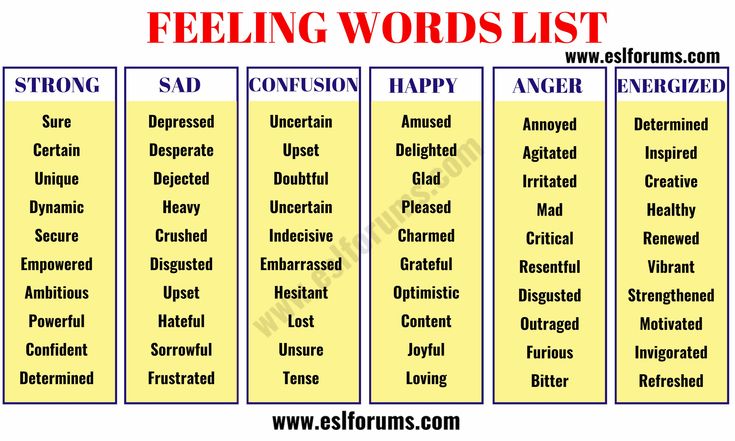 nine0011
nine0011
episodes
The end of the story Podcast
In itself, according to Pinker, she is of no value and acts only as an irritant to hearing.
If this were the case, would people all over the world spend so much of their lives playing and listening to music?
If you consider yourself a music freak, compare your obsession with the attitude towards music in the Babinga tribe. This Central African people is known for singing and dancing in every activity, from collecting honey to hunting elephants. nine0011
Anthropologist Gilbert Rouget, who lived among the babing in 1946, found that non-participation in the ritual of joint music-making is considered among them the most terrible of crimes.
"Perhaps you cannot express it more clearly that song and food are equally necessary for a person to live, - the scientist noted. - For this reason, many people (including myself) can hardly believe that music is just background soundtrack to the story of human evolution".
Fortunately, there are alternative theories regarding the purpose of music. According to one particularly popular hypothesis, music arose in response to sexual competition among humans, like the brightly colored tails of peacocks. nine0011
Indeed, developed musical abilities make a person more sexually attractive.
However, there is still little evidence for this theory: a recent study of 10,000 twins did not show that musicians are somehow particularly lucky in matters of "bed" (Mick Jagger and many other rockers, however, can argue with this).
Image copyright Thinkstock
Photo captionPlaying our heartstrings, music helped us connect emotionally with the world
It is also suggested that music was an early form of human communication. Indeed, some musical motifs carry the emotional codes of our ancestors.
For example, ascending staccato turns us on emotionally, while long descending sequences have a calming effect.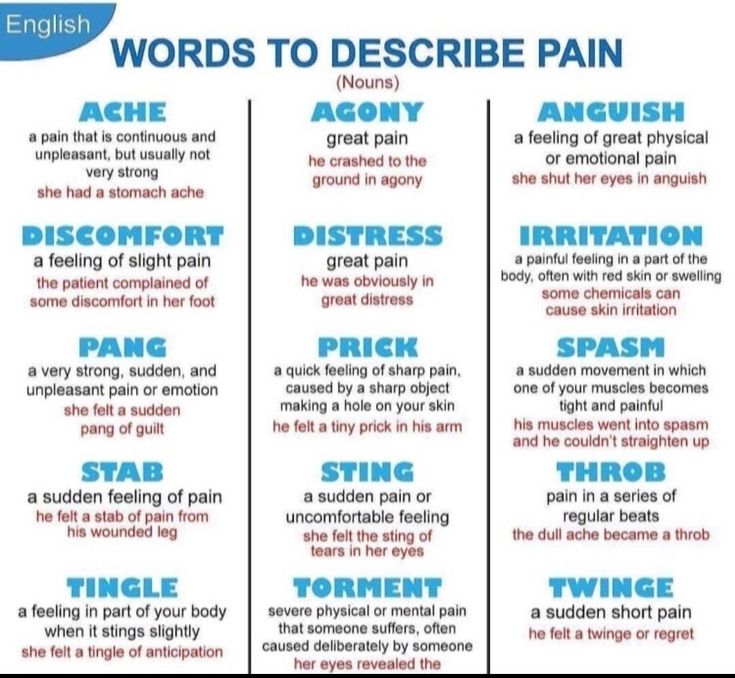 Apparently, certain sound structures contain universal meanings that are equally read by adults of different ages and cultures, small children, and even animals.
Apparently, certain sound structures contain universal meanings that are equally read by adults of different ages and cultures, small children, and even animals.
So it can be said with a high degree of certainty that music arose on the foundation of associations with the cries of birds and animals as a means by which an ancient person who did not yet have a language could express his feelings and emotions. It is even possible that music became the proto-language that paved the way for the emergence of speech.
In addition, at a certain historical stage, music may have helped bring people together in communities. Group dance and sing-along have made people more altruistic and more likely to identify with the community in which they exist. nine0011
According to the latest research in neuroscience, when you move in sync with another person, you - thanks to the signals sent to you by the brain - cease to be aware of yourself as something separate.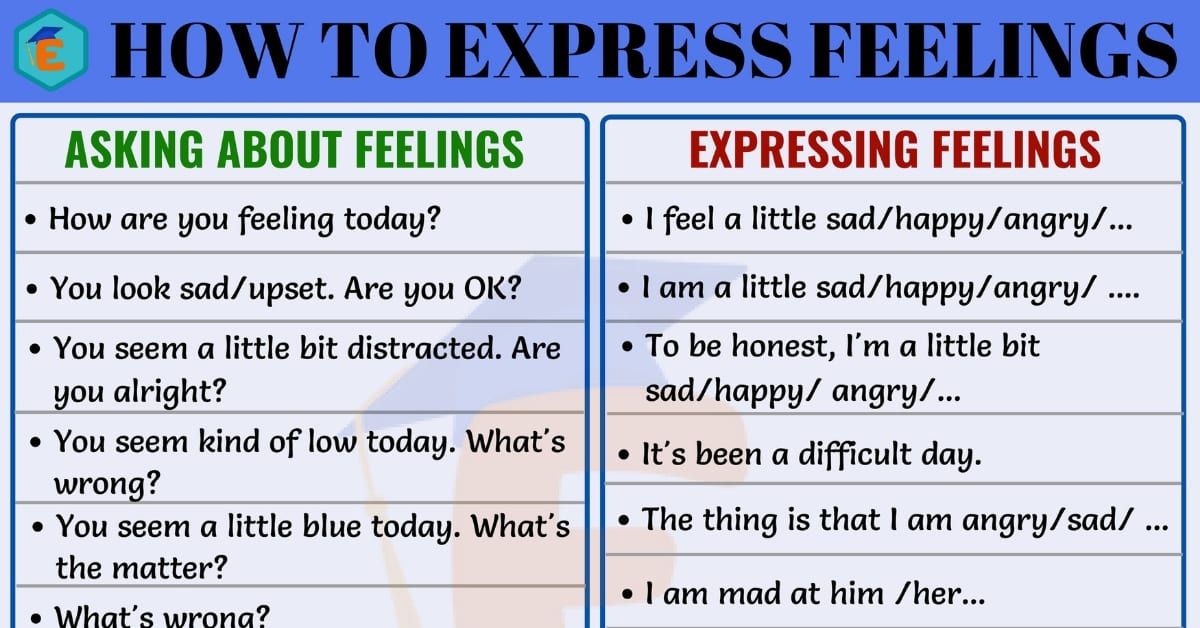
It is as if you are peering into another person in a mirror and recognize yourself in him. Well, as we all know very well from our own bodily reactions, in order to start moving people in unison, there is no better means than music.
However, in order for internal transformations to take place, active physical involvement in the music is not at all necessary (although it can enhance the effect). nine0011
Emotional contact with the world
If a melody causes pleasant vibrations in the body, simply listening to it is enough to reduce our ego. Sounds reassuring, especially for those whose musical life, like mine, is tied to the couch and iPod.
A group that has more solidarity and less internal strife has a higher chance of surviving and prospering. This was most widely illustrated by the example of the Babinga tribe, with their obligatory daily music-making. nine0011
Photo credit, Thinkstock
Photo caption,All human life on Earth is accompanied by a certain musical series
Anthropologist Rouget wrote about babing: one with a group of singers.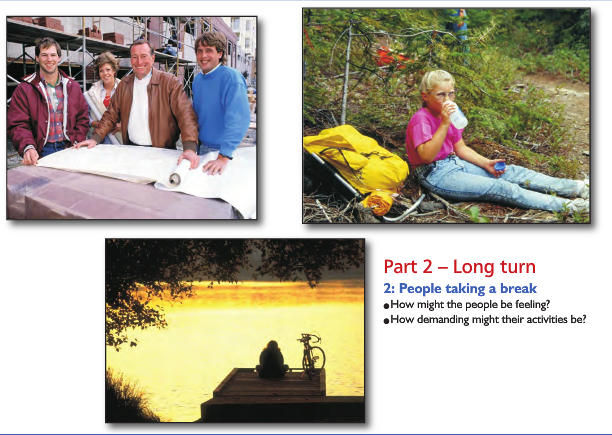 "
"
The role of music as a social glue can also be seen in the songs that slaves sing at work, as well as the choral songs of soldiers and sailors. It seems that music really brings people together, makes them closer to each other. nine0011
Music seems to be at the very foundation of our relationship with the world, and there is a deep sense that, by plucking our heartstrings, it helps us to establish emotional contact with other people and in general with everything that exists.
Each culture can build on this rudimentary instinct in its own way, creating its own lexicon of musical chords and motifs that will become associated with certain feelings and emotions.
Whatever the genesis and original purpose of music, modern people can no longer help but associate it with the important events of their own lives. nine0011
Our current existence on Earth - from conception, gestation, birth to burial, with everything that can happen in between - is accompanied by a certain musical range.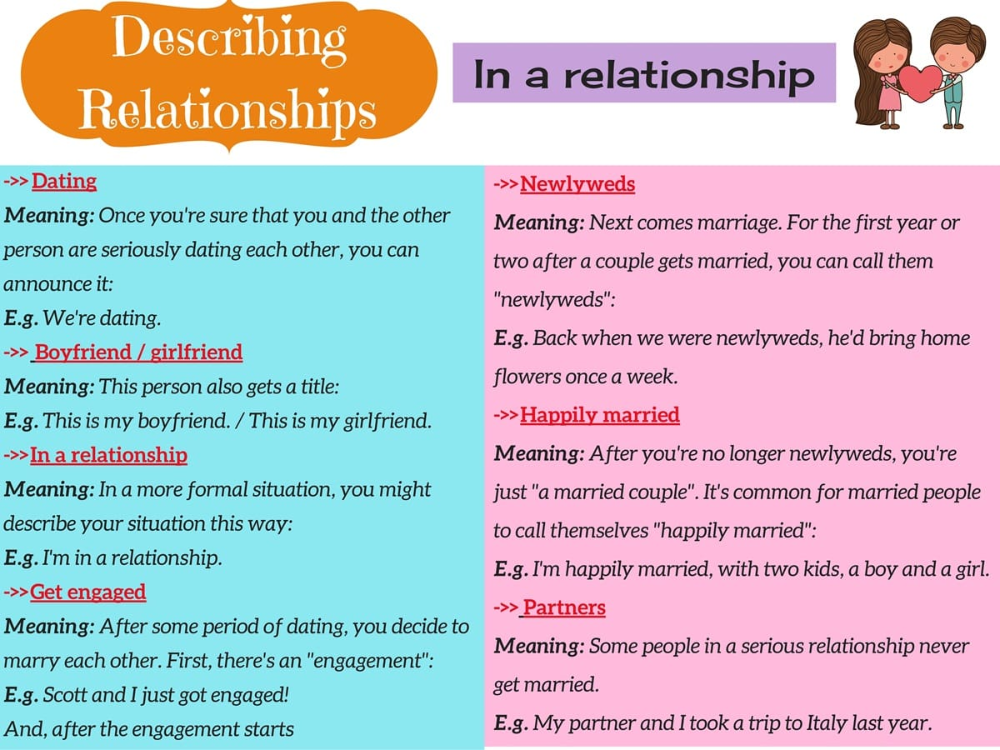
And it is no wonder that the sounds of your favorite melodies can give us such a heady cocktail of emotions and memories.
Read the original of this article in English is available on the website BBC Future .
Ask us any question
BBC Future journalists would love to know what topics you care about. If, like our reader Philip, you have questions that you would like us to comment on, please contact us (in English) via Facebook or Twitter or send your question by email to the address of the social media department ( [email protected] or [email protected]).
Adolescence and its characteristics - Center for Psychological, Pedagogical, Medical and Social Assistance
Here they are, these main truths:
They noticed too late, they took into account too late...
Adolescence is an important and difficult stage in a person's life, the time of choice, which largely determines the rest of life.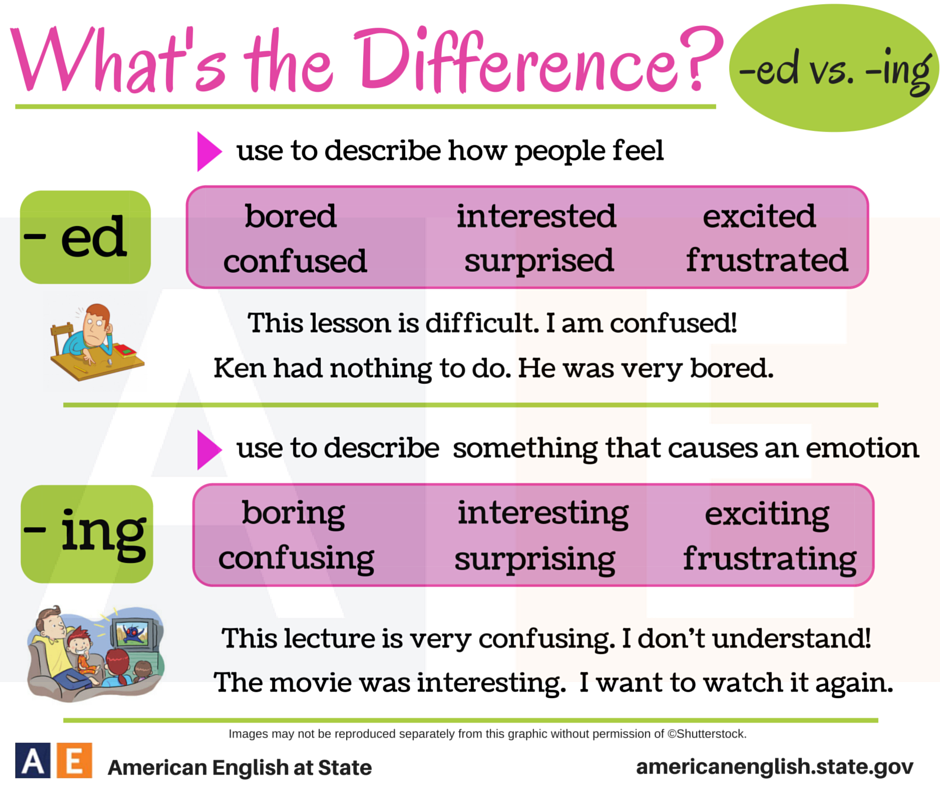 It can be compared with Ivan Tsarevich stopping at a fork in the road near a stone on which is written: “You will go to the left ..., you will go to the right ...”. In ancient times, this stage was considered the same qualitative change in the state as birth, marriage, death. What are the main changes that a modern teenager feels in himself? nine0011
It can be compared with Ivan Tsarevich stopping at a fork in the road near a stone on which is written: “You will go to the left ..., you will go to the right ...”. In ancient times, this stage was considered the same qualitative change in the state as birth, marriage, death. What are the main changes that a modern teenager feels in himself? nine0011
Adolescence is marked by the rapid development and restructuring of the child's social activity. Powerful shifts are taking place in all areas of the child's life, it is no coincidence that this age is called "transitional" from childhood to maturity.
Adolescence is considered as a stage of personality development, a process of transition from a dependent, guarded childhood, when a child lives according to special rules set for him by adults to an independent life.
At this time, stable forms of behavior, character traits and ways of emotional response are formed and formed, which in the future largely determine the life of an adult, his physical and mental health.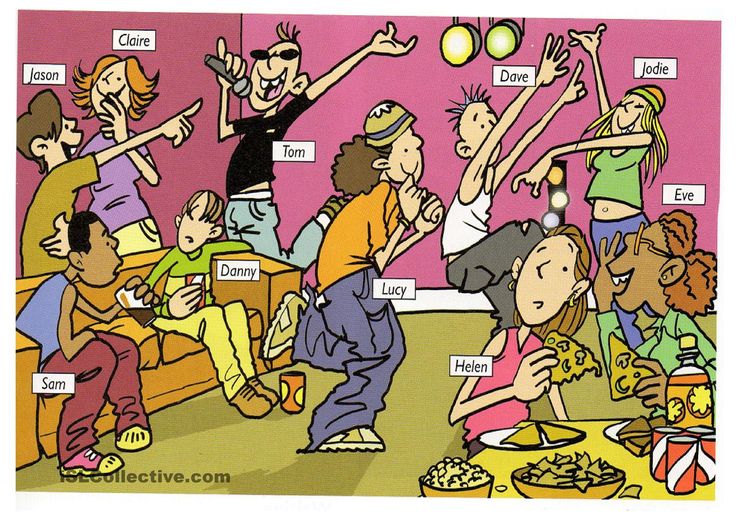 That is why the role of the family environment is so great in providing conditions that do not impede, but, on the contrary, contribute to the healthy development of the adolescent's personality. nine0011
That is why the role of the family environment is so great in providing conditions that do not impede, but, on the contrary, contribute to the healthy development of the adolescent's personality. nine0011
Observation of children in various situations reveals the dependence of the manifestation of the type of temperament on the motives and needs that encourage activity: when performing meaningful, interesting work, the child can be very active and becomes slow when included in uninteresting activities.
At the age of 13-14, the system of values and interests changes. What was valuable depreciates, new idols appear, the nature of relationships with adults and parents often has a protest character. At this age, teenagers are drawn to everything unusual, often carried away by informal trends. The modern teenager has a pronounced desire for individualization, for the assertion of his "I". nine0011
Outwardly, the crisis of age is manifested in rudeness, secrecy, deliberate behavior, the desire to act contrary to the requirements and desires of adults; in ignoring remarks, avoiding the usual sphere of communication.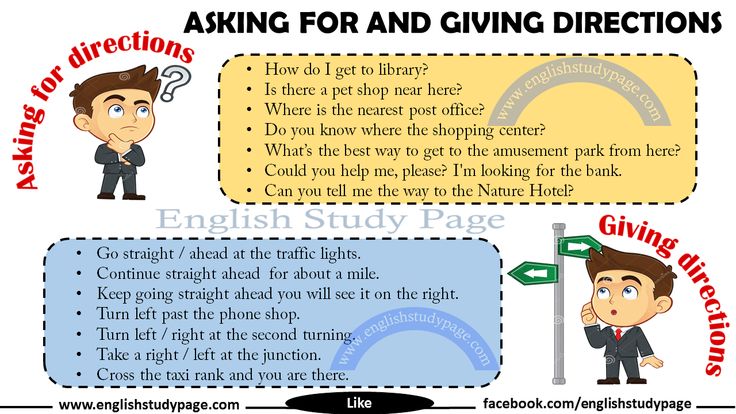 The difficulty is that a teenager does not know how to analyze the reasons for what is happening to him.
The difficulty is that a teenager does not know how to analyze the reasons for what is happening to him.
A teenager often has an unreasonable feeling of anxiety, self-esteem fluctuates, at this time he is very vulnerable, conflicted, and can become depressed. He must be very smart, very handsome, very brave, very capable, etc. in his own eyes. nine0011
At the same time, the restructuring of a teenager's attitude towards himself affects not only his emotional state, but also the development of his creative abilities and satisfaction with life in general. Education at this time fades into the background.
The most important issue of adolescence is puberty. At this time, psychosexual attitudes and orientations are formed. A teenager experiences first love, he has erotic fantasies and experiences. It changes so much that this period is called "hormonal storm or endocrine storm." Tact and patience of adults are needed, their recognition of the personal life of a son or daughter as an independently existing sphere. Then trust arises (or remains), a desire to talk about difficulties, share joy, get advice from close people, and not from friends from the street. nine0019
Then trust arises (or remains), a desire to talk about difficulties, share joy, get advice from close people, and not from friends from the street. nine0019
Rapid, uneven growth begins, as a result of which the teenager becomes disproportionate, clumsy. The child's body is undergoing a deep restructuring, and at a very fast pace. Rapid physical development is accompanied by a number of contradictory moments. Often there is a rejection of their body and appearance, then they exhaust themselves with diets, sports, just suffer and withdraw into themselves. Such phenomena should not cause much concern to parents, but it is necessary to know them and take them into account when organizing the life of a teenager. nine0011
Since a teenager strives for extreme positions in evaluation, he tends to overestimate or underestimate his qualities and properties. Adolescents are critical of the negative traits of their character, worrying about those traits that interfere with their friendship and relationships with other people.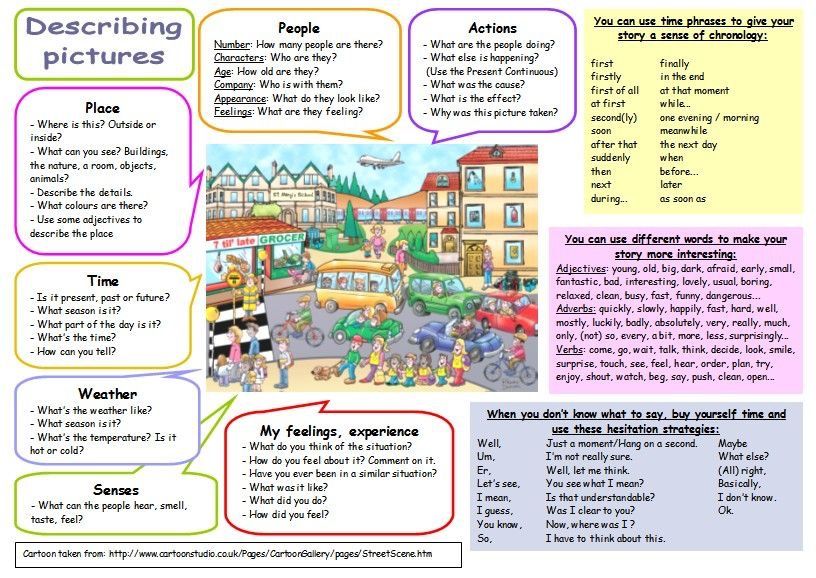
A teenager's self-esteem is unstable: he tends to consider himself either a genius or a nonentity. Any little thing can radically change the attitude of a teenager towards himself. If he is forced to admit that something is wrong, his opinion of himself falls on all counts, however, such a contradictory self-assessment is necessary in order to develop new, adult criteria for personal development in him. nine0011
Adolescents' self-assessment is contradictory, not coherent enough, so many unmotivated actions may occur in their behavior. Adolescents suffer more than other age groups from the instability of the social, economic and moral situation in the country, today they have lost the necessary orientation in values and ideals - the old ones have been destroyed, new ones have not yet been created.
Features are manifested in a disdainful attitude to learning, poor academic performance, bravado, failure to fulfill duties: avoiding performing any duties and assignments around the house, preparing homework, and even attending classes.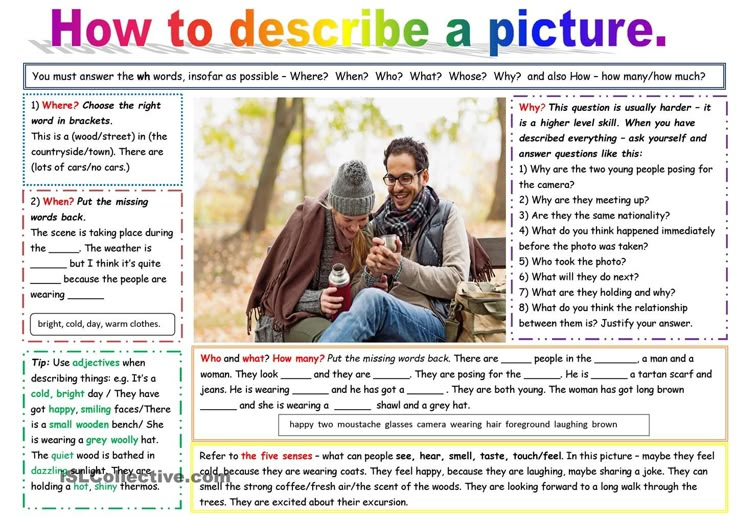 Adults sometimes do not notice or do not understand such irregularities of behavior, they are equally discouraged by exorbitant excitement and inexplicable fatigue. nine0011
Adults sometimes do not notice or do not understand such irregularities of behavior, they are equally discouraged by exorbitant excitement and inexplicable fatigue. nine0011
Such adolescents are faced with a large amount of "extra time", but they are characterized by the inability to meaningfully spend their leisure time. The majority have no hobbies, they do not study in sections and circles, do not attend exhibitions and theaters. Unfortunately, in their free time, asocial behavior of adolescents (prostitution, drug addiction, substance abuse, etc.) is predominantly manifested. Alcoholization and drug addiction are closely intertwined in the structure of the deviant lifestyle of adolescents. Very often, teenagers celebrate their "merits": successful adventures, hooligan acts, fights, petty theft by drinking alcohol. It turns out that one of the available forms of entertainment for teenagers is a fight. So, teenagers admit that they fight because there is nothing to do, there is nowhere to put their energy, life is boring. nine0011
nine0011
Subsequently explaining their actions, teenagers have a wrong idea about morality, justice, courage and bravery.
Throughout adolescence, there is a clearly defined dynamics of aggressiveness. Forms of aggressive behavior are typical for most teenagers.
One of the elements of the microenvironment, in relationships that form a personality, is the family. At the same time, it is not its composition that is decisive - complete, incomplete, disintegrated, but the moral atmosphere, the relationships that develop between adult family members, between adults and children. In joint classes, not only the character of a son or daughter is revealed to parents, but also children get to know their parents better. A teenager needs joint activities with adults. nine0011
Unfortunately, in our time, there is a growing number of dysfunctional families in which there is complete neglect, lack of control of behavior on the part of parents, indifference to the fate of a teenager, from which children with behavioral deviations appear.
But even in seemingly prosperous families, many psychological problems can be identified that lead to a crisis of adolescence.
There are 4 unfavorable situations in the family:
Overprotection of various degrees: from the desire to be an accomplice in all manifestations of the inner life of children to family tyranny.
Hypoprotection often turning into neglect.
The situation that creates the "idol of the family" - constant attention to any impulse of the child and immoderate praise for very modest successes.
A situation that creates "Cinderella" in the family. Many families have appeared where parents pay much attention to themselves and little to children. nine0011
Ways to solve the problem.
Formation of a teenager's range of interests based on the characteristics of his character and abilities. The maximum reduction of the period of his free time - "the time of idle existence and idleness. " The inclusion of a teenager in such activities that lie in the sphere of interests of adults, but at the same time creates opportunities for him to realize and assert himself at the level of adults.
" The inclusion of a teenager in such activities that lie in the sphere of interests of adults, but at the same time creates opportunities for him to realize and assert himself at the level of adults.
Reduction of aggression by attending sports schools, daily exercises at home using dumbbells, iron weights and boxing gloves (have teenagers beat each other in a peaceful fight, releasing accumulated energy so that aggression does not accumulate like static electricity that tends to explode with painful discharges ). Physical education can become a common and joyful activity for every family member. nine0019
Do not make excessive demands on a teenager that are not confirmed by his abilities. Honestly point out his successes and failures (and explain successes with his abilities, and failures with insufficient preparation). Do not praise a teenager, explaining his failures as an accident, because. this forms the effect of inadequacy in a teenager.
Passion for art, joint visits to cinema and theater, discussion of literary novelties, help in designing - this is not a complete list of those areas in which an adult can be together with a teenager. nine0011
Advice for parents
— Always be sensitive to the affairs of your children.
- Analyze with children the reasons for their successes and failures.
- Support the child when he is having a hard time.
- Try not to shield the teenager from difficulties.
- Teach to overcome difficulties.
- Constantly supervise the child, but without overprotection.
- Encourage even barely arose needs for knowledge, for harmony and beauty, for self-actualization.
- Tell your child about your problems, about what worried you when you yourself were at their age. nine0221 - Buy your child books on psychology, self-knowledge. Always lead by example (teach by deeds, not words).
-Talk to children as equals, respecting their opinion, avoiding moralizing, shouting, edification, and even more so irony.
- Advise you to watch your appearance.
- In no case do not prohibit relationships with the opposite sex, do not stop talking about the relationship between boys and girls.
- Get to know your child's friends, ask them to inform you about ways to spend time, but do not turn into a spy. nine0221 - Remember: distrust offends!
- Keep track of what books your child reads, what movies he watches.
- Always be for your child, first of all, an older, wise friend, and only then a loving (them) mom (dad)!
Questionnaire "Are you good parents ?"
Answer yes, no, don't know for this test.
1. You often react to certain actions of a child with an "explosion" and then regret it.
2. Sometimes you take help or advice from friends when you don't know how to respond to your child's behavior. nine0221 3. Your intuition and experience are the best advisers in raising a child.
4. Sometimes you happen to trust a child with a secret that you would not tell anyone else.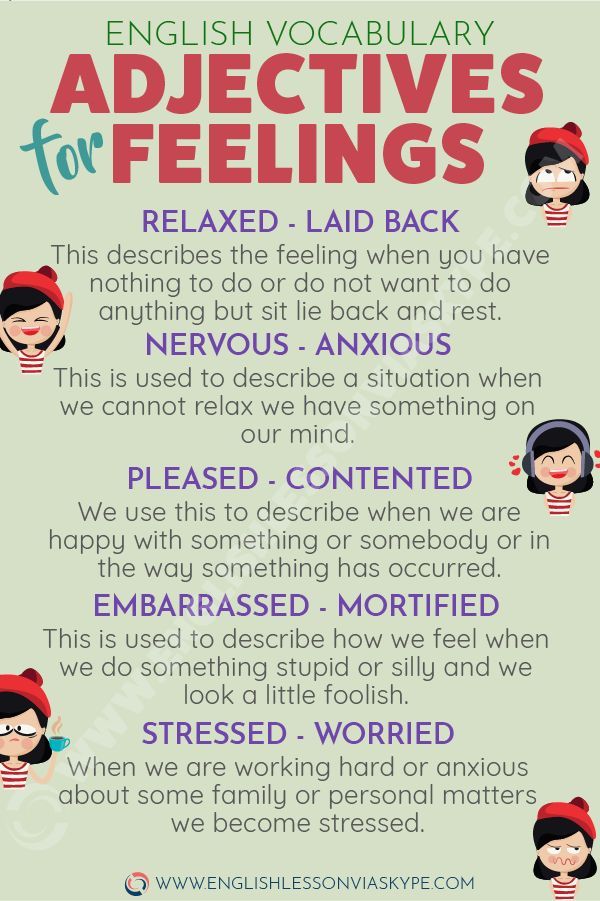
5. You are offended by other people's negative opinion of your child.
6. You sometimes ask your child for forgiveness for your behavior.
7. You think that a child should not have secrets from his parents.
8. You notice differences between your own character and that of your child that sometimes surprise you.
9. You worry too much about your child's troubles or failures.
10. You can refrain from buying an item of interest for your child (even if you have money) because you know that the house is full of them.
11. You think that up to a certain age the best educational argument for a child is physical punishment (belt).
12. Your child is exactly what you dreamed of.
13. Your child gives you more trouble than joy.
14. Sometimes you feel like your child is teaching you new thoughts and behaviors. nine0221 15. You have conflicts with your own child.
Calculation of results.
For each answer “yes” to questions: 2,4,6,8,10,12,14, and “no” to questions: 1,3,5,7,9,11,13,15 by 10 points. For every "I don't know" you get 5 points. Calculate your points.
For every "I don't know" you get 5 points. Calculate your points.
100-150 points. You have great opportunities to understand your own child correctly. Your views and judgments are your allies in solving various educational problems. If this is accompanied in practice by such an open behavior full of tolerance, you can be recognized as an example worthy of emulation. For the ideal, you are missing one small step. It can be your child's opinion. nine0011
50-99 points . You are on the right path to a better understanding of your own child. You can resolve your temporary difficulties or problems with your child by starting with yourself. And don't try to make excuses based on the lack of time or the nature of your child. There are several issues that you have influence on, so try to use it. And don't forget that understanding doesn't always mean accepting. Not only the child, but his own personality too.
0-49points . It seems that you can only sympathize more with your child than you, because he did not get to the parent - a good friend and guide on the difficult road of gaining life experience.





